CREATIVE LEARNING EXPERIENCES THAT CHANGE BEHAVIOR
Your HIppocampus Tends to Tell Tall Tales
Help your learners remember more of what they learn by embedding stuff in an overarching narrative
LEARNER RETENTION
Lesley S
6/18/20252 min read
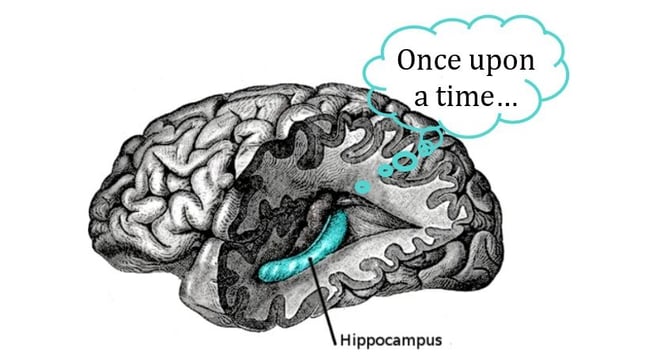

Your new neighbor, Melvin, calls you, asking about cleaning services. Apparently, his kitchen is covered in ash. Huh. Strange. Later you find out that he locked himself out of his place in the middle of cooking a pizza.
Your acquaintance Beatrice is kind of a drama queen. She recently called you to ask for advice about “a dilemma” with her partner. You happen to run into her later. She had a cast on her arm from falling off her bike.
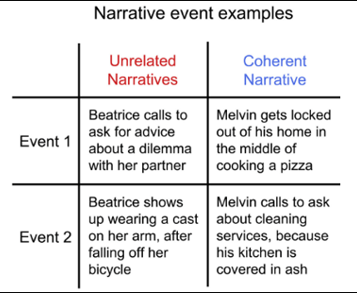

Melvin and Beatrice were featured in research on how we remember things. And even though the research subjects learned about Beatrice’s two events in the correct order – a fight with her partner and showing up in a cast – the subjects remembered a lot more about Melvin’s situation. This even though they learned of the events – the ash-covered kitchen and burned pizza – out of chronological order.

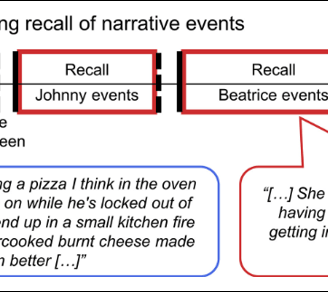
Why did people remember less about Beatrice? Because Beatrice’s events, the domestic fight and the cast, aren’t causally related. Melvin’s are. A kitchen fire will definitely result in an ash-covered mess.

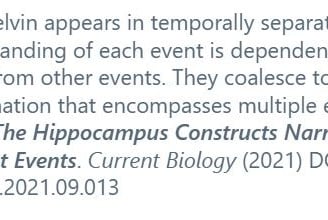
Narrative is like a memory magnet for your hippocampus, your brain’s very own personal storyteller. It weaves tales – tall and otherwise – to shuttle info from short-term into long-term memory,

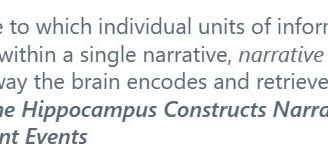
When the Melvin & Beatrice researchers had the subjects recall what they remembered, fMRI of patterns of activity in the hippocampus revealed that a much greater degree of learning occurred when there was a causal event – a context - into which memories of resulting events could be embedded.

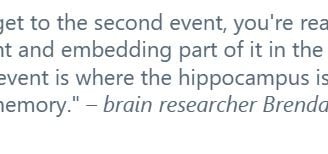
The hippocampus is also involved in constructing the spatial memory you need to navigate the world. It’s one of the first regions of the brain to be damaged with dementia and Alzheimer’s. And the more that any new piece of incoming info is part of a larger, cohesive memory, the easier it will be to retrieve later.

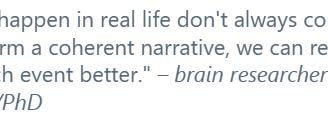
The tl;dr: Learners love stories and as long as they’re part of an overarching narrative, they will find it much easier to remember more.
SOURCES: brain image; research paper; quotes